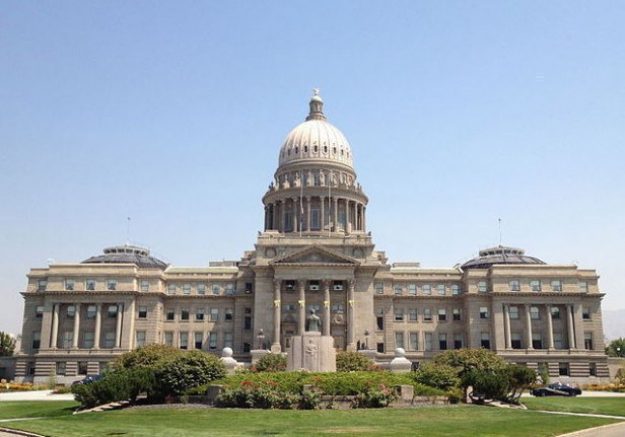Idaho governor establishes cybersecurity task force

Idaho is buttressing its cyber defenses to deflect an increasing flow of attacks.
On Monday, Gov. C.L. “Butch” Otter signed an executive agreement forming Idaho’s first cybersecurity task force, a move that comes in response to a stream of online assaults that he said threaten the state’s citizens and economy.
“We have seen dozens of cyber attacks that seem to be increasing in frequency and boldness, costing our businesses and taxpayers untold billions of dollars each year,” Otter said in a statement. “I believe in the old Boy Scout motto: ‘be prepared.’ By signing this executive order, I want Idahoan’s to know that our state continues to prepare to meet any cybersecurity threat, whether from viruses, malware, and security breaches to outright theft of personal and private information.”
The task force, to be headed by Lt. Gov. Brad Little, will include representatives from the Idaho Bureau of Homeland Security, Idaho State Police, Department of Administration, Tax Commission, Idaho Transportation Department, Idaho Department of Health and Welfare, as well as state colleges and universities. Its directives span from developing cyber policies and strategies to boost defensive capability, to promoting a statewide culture of cybersecurity awareness among Idahoans.
“Idaho’s long term economic competitiveness is intimately linked to cybersecurity,” Little said. “But our companies and government networks are not the only ones vulnerable to cyber attacks. All Idahoans are under threat if our state is not vigilant about protecting our citizens’ privacy.”
According to the order, a major catalyst for the formation of the task force was the 2014 Cyber Summit, which brought together state officials and private sector representative in a series of workshops. Participants included the Idaho National Laboratory, Micron Technology, Hewlett-Packard, Saint Luke’s Health System, Supervalu Inc., Boise State University, Norco, the city of Boise, as well as local sheriff offices across the state.
“A key strategy in combating cyber attacks and remaining nimble to growing and evolving cyber threats is to tap in to public and private expertise,” said Brad Richy, director, of the Idaho Bureau of Homeland Security, which organized the summit. “Governor Otter’s decision to create this task force is a tangible and proactive way Idaho can remain on guard against those who seek to harm our critical functions and services.”





